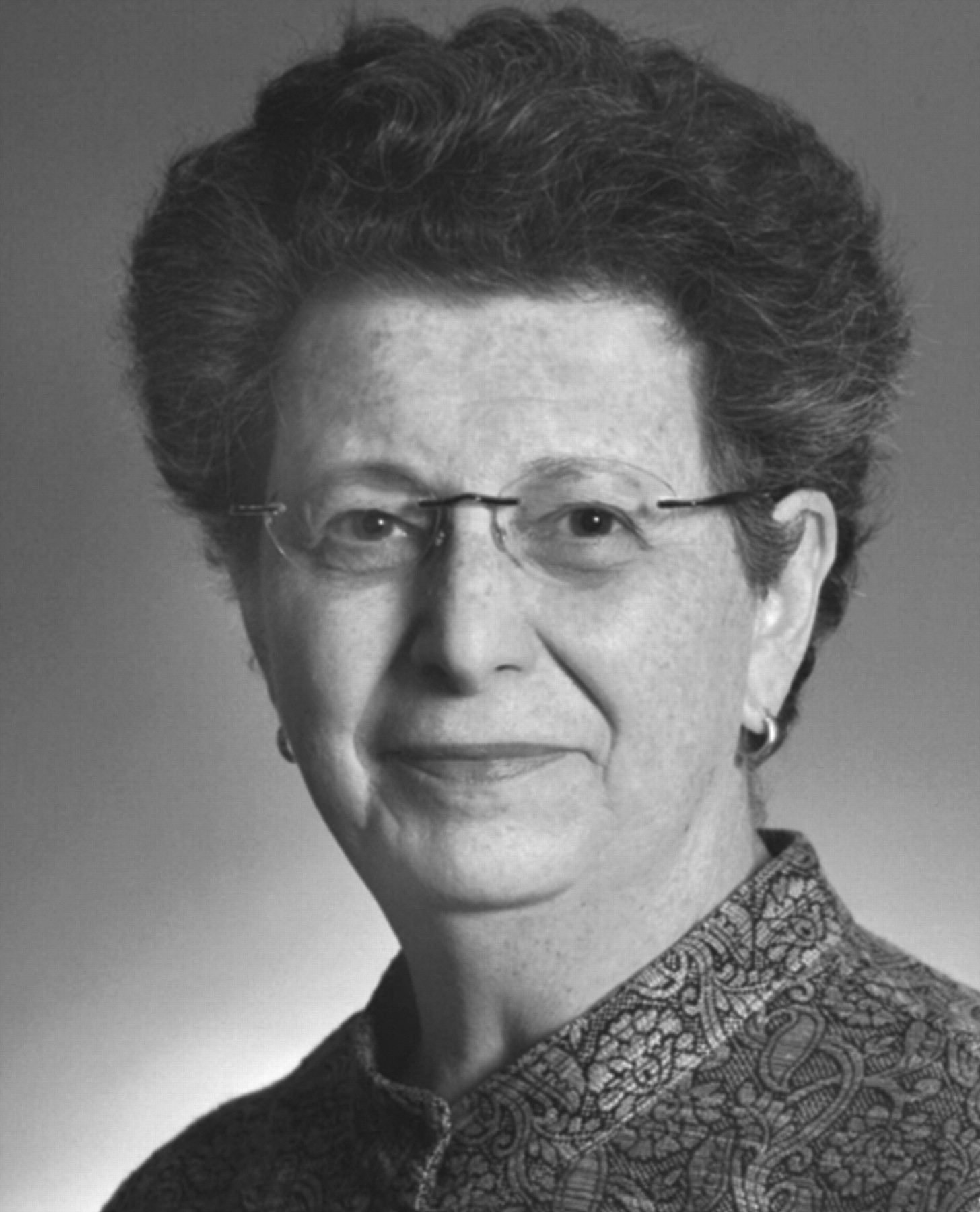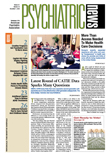APA is the public face, the voice, and the guardian of psychiatry. Whether we like it or not, APA speaks for us and our patients: in the halls of Congress, the offices of government officials, the courts, and the penal system; in international organizations; in the bodies that determine medical school and residency education; in organized medicine; with insurance and managed care companies; in collaborations with mental health advocacy and allied professional groups; and in the media. It is up to APA to defend our patients' right to treatment and to privacy; our rightful scope of practice; our fair compensation; our professional ethics.
As physicians, our greatest obligation is to the patients least able to advocate for themselves: the poor, the imprisoned, immigrants, members of minority groups. As government and private allocations shrink, we fight for access to beds that our patients need in times of crisis, and for compassionate outpatient care that minimizes those times.
APA supports scientific endeavors that provide ever-increasing insight into the causes and treatments of disease and lifelong education that enables us to bring those discoveries to the consulting room and the community. We are physicians, not “providers,” and we treat patients, not“ consumers”— because our obligations to our patients cannot be commodified; they are sacred. We chose, and were fortunate, to become physicians, investing years of study and practice that enable us to prescribe medications safely and to fully integrate psychopharmacology with psychotherapy. Our integration of science and caring attracts new generations of psychiatrists.
During my tenure as an APA officer, APA has become more user friendly. It is easier to join, change membership categories, and transfer membership when we move. Our budget is balanced, and information about our financial decisions and transactions is clear and available to members. Outstanding continuing education is available at our meetings, on our Web site, and in our books and journals; we are the largest publisher of psychiatric books in the world. We are hard at work on DSM-V. The work of our elected leaders and committee members is enriched by their diversity in gender, sexual orientation, ethnicity, and national origin.
We work every day to improve APA. Our Web site is not yet good enough; it should be the first resource for our members and for members of the public. We need a better strategy for countering powerful antipsychiatry forces. Our district branches in small states need more infrastructure. We should be more proactive in our media and public outreach. We must decrease pharmaceutical funding as a percent of our budget.
To these tasks, I bring a wealth of career experience: individual psychotherapy and psychopharmacology; psychiatric education and training; consultation/liaison; and public and private system administration. I bring a long history of contributions to psychiatry and APA: Congressional testimony; media interviews ranging from Oprah to Bill O'Reilly, and media training for our members; the promotion of women and minority individuals and issues that enrich our science and care; insistence upon financial accountability for and effective use of your hard-earned dues. With a task force and staff, I have compiled an array of creative approaches to psychiatric care in underserved areas; psychologist prescribing is not the answer. I developed a detailed disclosure form for potential participants in the DSM-V development process. A strong believer in collaboration with advocacy groups, I serve on the Board of the National Mental Health Association.
The world in which psychiatry is practiced is changing at unprecedented speed. I want to see APA discern the forces that will affect psychiatry in the future so that we can shape those forces and be prepared to provide care we can be proud of, to the millions who need us, for many years to come.
PRIMARY PROFESSIONAL ACTIVITIES AND SOURCES OF INCOME
PROFESSIONAL ACTIVITIES
•.
50%—Patient care: private office
•.
15%—Legal consultations and testimony: on site
•.
10%—Management consultations: on site
•.
5%—Lectures: academic institutions
•.
20%—Federal committees and nonprofit boards: on site
INCOME
•.
10%—Management consultations
•.
10%—Lectures (nonpharmaceutical)
•.
10%—Government and nonprofit boards

